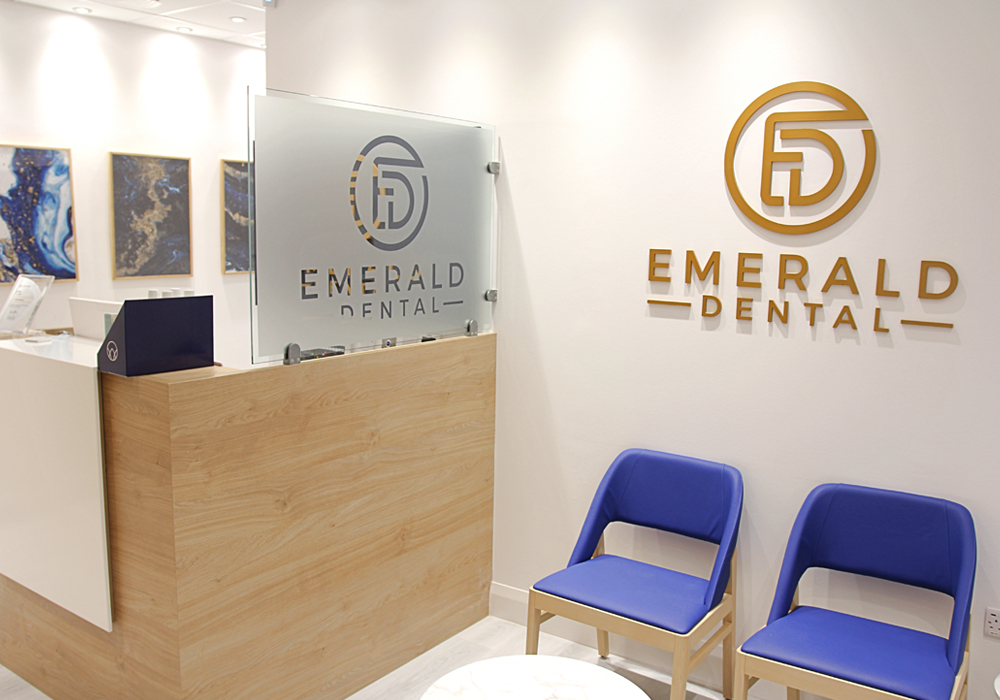"Excellent service from Dr John. The receptionist is very friendly. Highly recommend!"
If you have chipped or broken a tooth as a result of an accident or injury, it is very important that you see a dentist as soon as possible. The same goes for one or more knocked out teeth. The sooner you are seen by a dental professional the better the chances that the teeth could be re-implanted, depending on the severity of your injury.

If you require emergency dental treatment, you should ask to see a dentist as soon as possible. At our practice we offer appointments for all dental emergencies from toothache to lost or broken crowns, chipped teeth and fillings to abscesses, trauma, avulsed teeth and facial swelling. We can take care of your injuries to ensure you heal quicker and more effectively, ensuring that you avoid additional dental problems and complications in the future.
Knowing when to seek emergency dental care is essential for protecting your oral health and avoiding further complications. In general, you should visit your emergency dentist if you are experiencing severe pain or bleeding in your mouth, have a broken tooth or filling, or need immediate treatment due to an infection. Additionally, if you have a lost crown or bridge, a cracked tooth, swelling in the face or neck area, or any other dental injury that requires urgent attention, it's important to get help as soon as possible.
If you are unsure whether your situation qualifies as an emergency, it's best to call a dentist and describe the symptoms you are experiencing. They can then advise you on the best course of action and provide further guidance about what steps to take next.
During an emergency dental appointment, the dentist will assess your situation and determine the best course of action. Depending on the severity of your condition, they may need to take X-rays to better understand what is going on. The dentist will also clean any debris from your teeth and gums before starting treatment. Common treatments for emergency cases include filling a cavity or tooth extraction. If needed, more complex procedures such as root canals and crowns may be performed in order to restore the health of your mouth.
Throughout the appointment, your dentist will explain each step of the process so you know exactly what is happening. They will also provide tips and advice about how to care for your teeth at home in order to avoid further complications or damage due to neglecting dental hygiene practices. It's important to follow all instructions given by your dentist in order to maintain good oral health and reduce the risk of needing another emergency appointment in future.
If you experience severe pain or have a knocked-out tooth, you should seek emergency dental care as soon as possible. In these cases, it is important to visit an emergency dentist right away to prevent further damage and to receive the necessary treatment. For severe pain, an emergency dentist will typically administer a local anaesthesia and prescribe medication to reduce the discomfort. If you have a knocked-out tooth, try to keep the tooth moist by storing it in milk until your appointment. Bring the tooth with you when you go for treatment and your dentist may be able to re-implant it if your condition permits. If not, they can discuss other options such as bridges or implants that can restore your smile.
It is also important to remember that infections can occur without proper treatment for any dental issue so it is essential to seek medical attention right away if you are experiencing any type of oral pain or trauma.
Emergency dental care is a form of medical treatment that is provided when a patient experiences an unexpected or severe dental issue that requires immediate attention. This type of dental care typically focuses on relieving pain and restoring the patient's oral health as quickly as possible. In many cases, emergency dental care can also help to prevent further damage or deterioration of the patient's teeth and gums. Common examples of circumstances in which emergency dental care may be necessary include broken teeth, lost fillings, abscesses, and impacted wisdom teeth. Emergency dentists are always available to provide urgent assistance for these types of issues. They offer a variety of treatments that range from root canals to crown replacements, depending on the severity and complexity of the problem.
